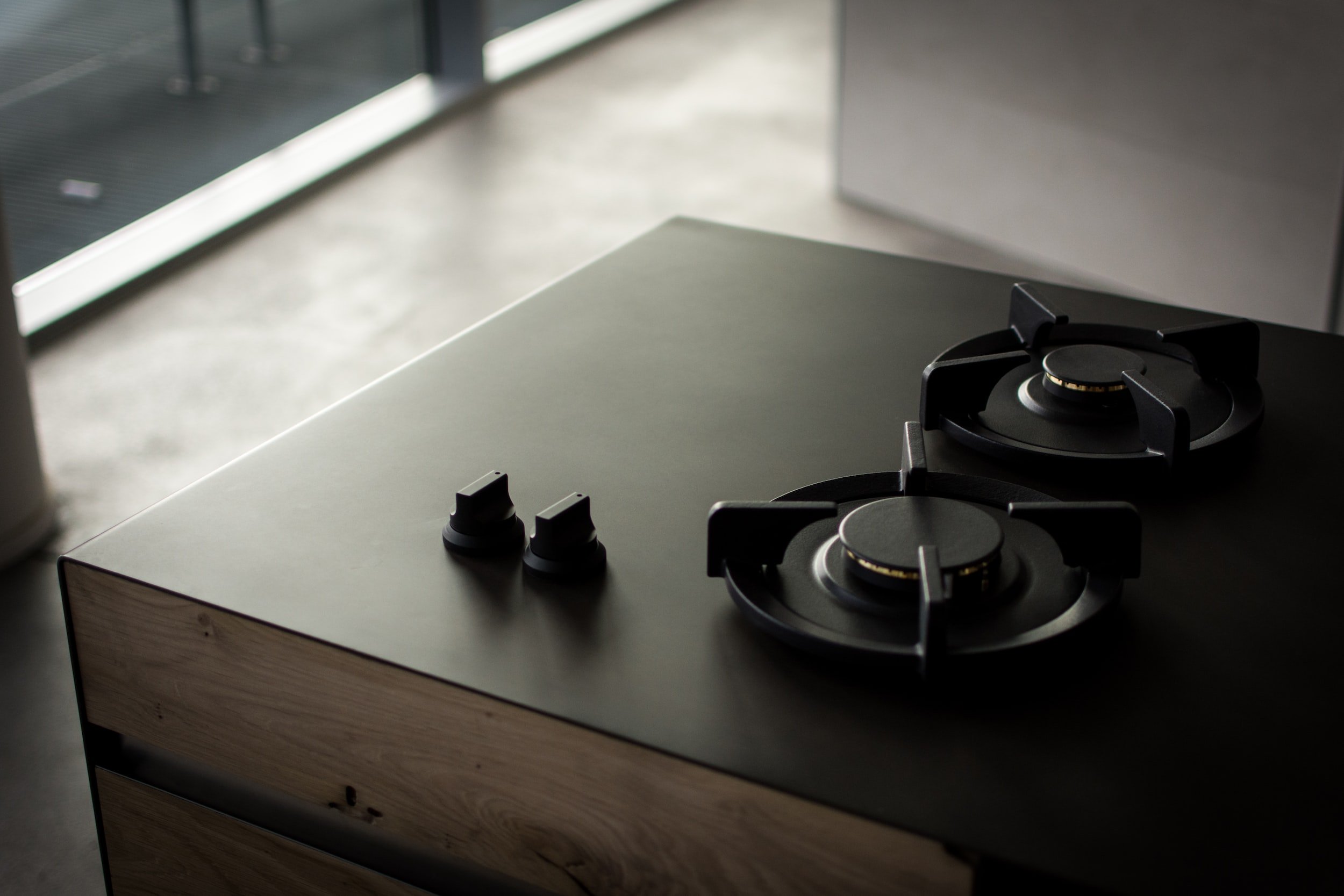How to Recognize Checking Compulsions
Checking compulsions, a common feature of Obsessive Compulsive Disorder, can take many forms.
Checking is essentially a form of reassurance-seeking, where the individual with OCD is responding to the intolerable reality of not being sure.
This lack of sureness is not actually cured by the checking behavior in the long term (only temporarily!) because as we know, checking is a constant, insatiable need.
For hyper-responsibility OCD, checking is focused on things that could go wrong, such as a stoves left on, unlocked doors, or forgotten tasks. Missing something that could result in a failure is the main anxiety. Checking compulsions in this type of OCD are usually the most repetitive, as the feeling of certainty fades and the OCD individual stops trusting their memory.
With just-right obsessions, we may check in with loved ones to make sure something was communicated to them in the right way, reread a text or email to make sure the “right” response was given in a certain situation, or look if items are placed in the right spot or lined up perfectly.
Finally, checking compulsions can present in relationship obsessions. In this case, the checking behavior can involve tracking location, reaching out repeatedly even when not necessary, and reassurance seeking of the partner’s affection. Checking behavior can present as partners needing to have the same conversation over and over, because a clear resolution seems elusive. The inherent uncertainty of all human bonds makes relationship checking behaviors especially extreme. Sometimes, such checking can become a self-fulfilling prophecy, as expressing doubt in a relationship can cause a rupture.
With all checking behaviors, the key is self-awareness.
Recognizing when something comes from OCD rather than a healthier place can halt many of these compulsions. Furthermore, loved ones can resist accommodating checking behavior and cut off the oxygen to these constant rituals.
If you or a loved one are seeking relief from checking obsessions, please contact Kairos Wellness Collective about our OCD treatment today.

